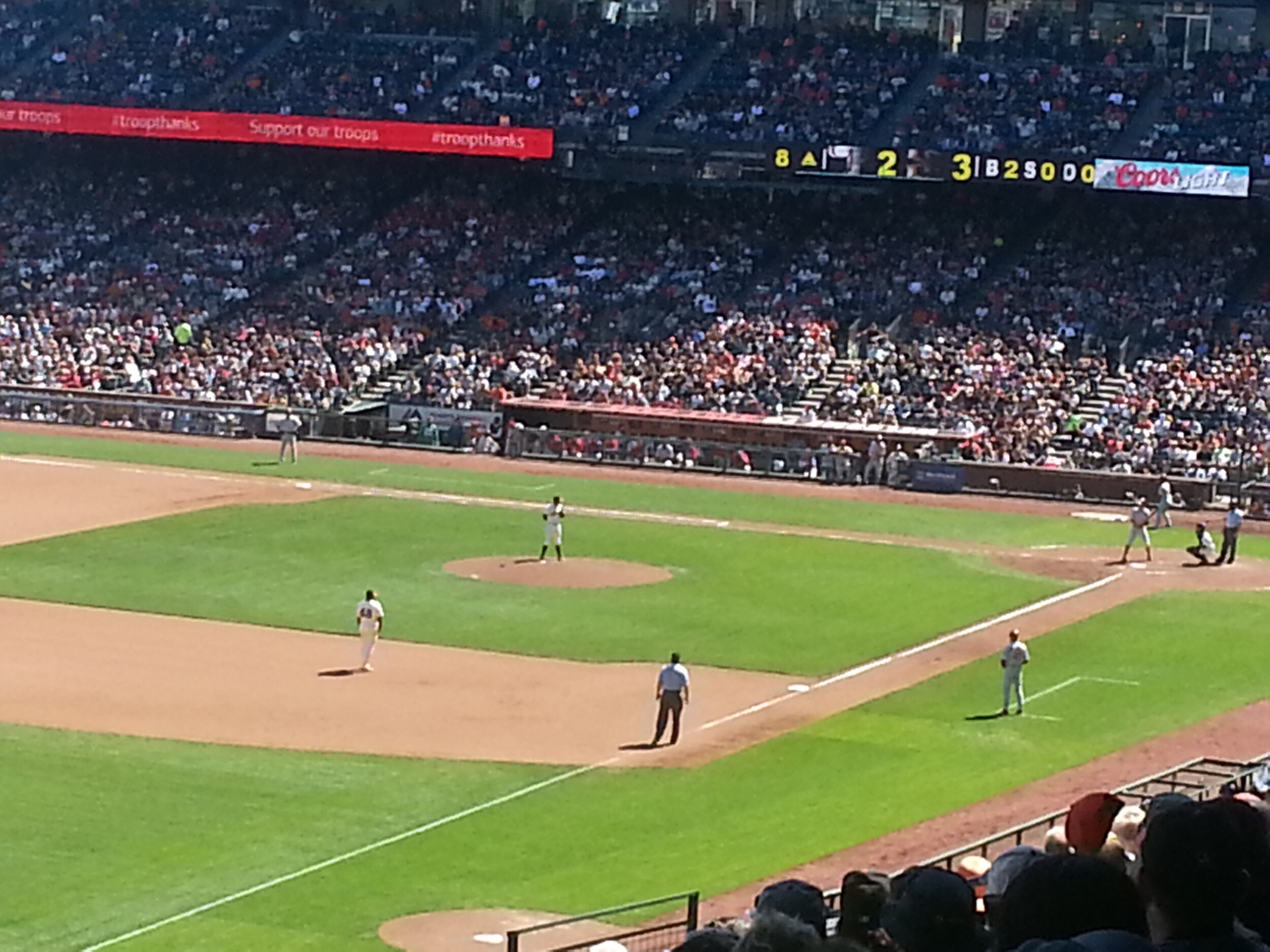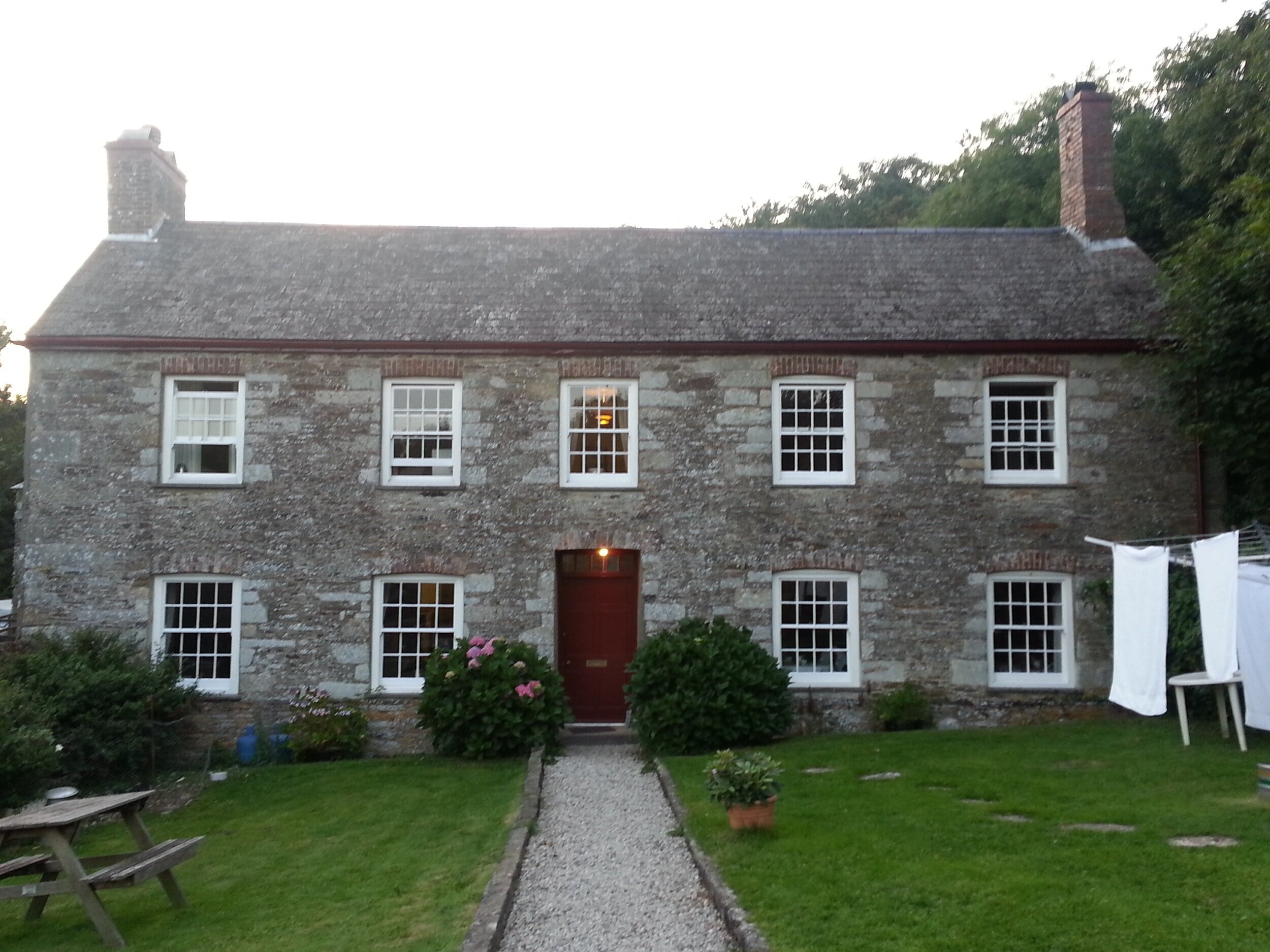
Why Do People Believe Conspiracy Theories?
Did someone close to you ever believe a conspiracy theory, like the ‘stolen election’ one that incited January 6? Psychologists explain why, in Thomas B Edsall’s column.

Why is Liberal Democracy on Life Support Everywhere?
Liberal democracy was supposed to give some real power to every voter. Surrender of democratic power to an Executive State and Multinationals is discrediting it.

Will a Domestic Terrorism Law Prevent Future Capitol Invasions?
Many liberals echo the FBI’s call for a domestic terrorism law, to prevent another January 6. Be careful what you wish for.

Liberal Democracy, Populism and the January 6 Capitol Putsch
What is liberal democracy? The January 6 Capitol invaders claimed that a liberal establishment had stolen it from them.

Save Planet Earth with a Clean Energy Global Commons
Headlines everywhere trumpet the rapid expansion of clean energy. Joe Biden promises hundreds of thousands of green new jobs. Global warming will be averted after all, I guess. Except, as clean energy rises, carbon emissions continue to go up, way up, here there and everywhere. Why doesn’t an increase in clean energy cause a decrease in dirty energy? Andreas Malm explains why.

Trump’s First Impeachment: What Not To Repeat the Second Time
The first impeachment hearings failed to persuade TV viewers that Trump should be removed. To defend against a real threat to American democracy, Democrats could have barnstormed the country, but they feared being seen as agitators.

Could Jeremy Corbyn Have Beaten Boris the Actual Incompetent One?
Bernie Sanders and Jeremy Corbyn revived the hopes of many people who had given up much hope for real leftward change through electoral politics. On June 8 2017, the Corbyn-led British Labour Party defied the odds and won 40% of the vote, raising hopes for a Left breakthrough. On December 12 2019, Boris Johnson ‘s Conservatives crushed Corbyn and Labour with the slogan “Get Brexit Done”. Was Corbyn’s loss avoidable? Why did he lose?

How to Use Left Populism to Win a Post-Work Economy
Nick Srnicek and Alex Williams have published a must-read book, Inventing the Future: Postcapitalism and a World Without Work (Verso, 2015, 2nd ed 2016) that makes new proposals for a long-haul strategy of building the preconditions for a postcapitalist social system.

(A)musings About Marx and the British Left
Is socialism still credible as the alternative to capitalism? If so, what kind of socialism are we talking about? How do we unite today’s Left around that model of socialism? Gavin Kitching draws on Marx to criticize Marx himself, and both Marxists and non-Marxists in the 1970s British Left. He advances some ideas about how to rethink the socialist project.

Unite Around the Basics: Billy Graham’s Lesson for the Left
Can the Left learn from Billy Graham style evangelicals? The answer may be yes.

A Long Struggle for Democracy May Have to Precede Socialism
Gavin Kitching’s Rethinking Socialism: A Theory for a Better Practice (University Paperbacks – Methuen, London 1983) aims to tell uncomfortable truths about Marx, Left activist intellectuals, the working class and socialism in order to advance some bold proposals for rethinking and redirecting the socialist Left in his native Britain.

Has the Left Given Up on Ending Capitalism?
Is the age of left-wing revolutions over? Does this inevitably mean that the left has to accommodate itself to a capitalist economy and a capitalist world system? I firmly believe that the way forward to a more just society will be worked out incrementally by today’s left, especially by the left of that left who want to move society towards a new post-capitalist social system. But facts are facts, and right now the left is united around a set of sacrosanct principles that result in a refusal or incapacity to imagine practical ways of changing who is in power in society’s institutions.

SIXTIES STUDENTS: Read Me First and Comment on ‘Other Campuses’
The SIXTIES STUDENTS posts are excerpts from notes for a book on the student power movement in English Canada from 1965 to 1970. Read this post to understood how each of the posts are a response to a set of questions. If you were there, but on another campus than the featured cases of Simon Fraser, McGill, Toronto, Dalhousie-King’s and Regina, please use this post to tell stories about what you and others did on your campus.
SIXTIES STUDENTS McGill (5C): Firing of Stan Gray Prompts McGill Francais March
On March 21 1969, a massive march to the gates of McGill, initiated by mostly francophone CEGEP students, militant trade unionists and Quebecois nationalists of all political stripes, protested the firing of Stan Gray and called for a McGill Francais.
SIXTIES STUDENTS McGill (5B): Senate and Board Walk-Ins for a Critical University
The left-wing Robert Hajaly Student Council, supported by departmental unions operating in parallel, tried to work through channels to negotiate the ceding of student power, but McGill faculty were intransigent and key liberal and social democratic student leaders gave them cover. The result was a series of walk-ins to the closed meetings of faculty committees, the Senate and the Board. The ranks of the protesters included individuals from all parts of the student left. They called on McGill to become a democratized Critical University that served the interests of all Quebeckers equally in a new Quebec. Repression followed.

